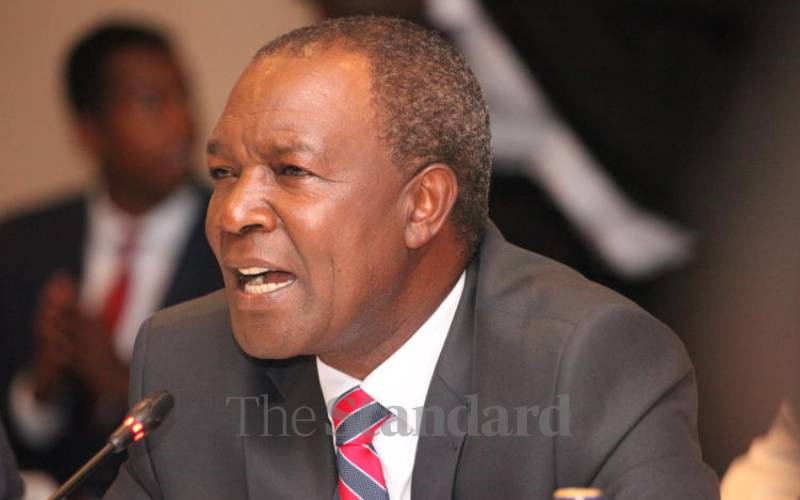×
The Standard e-Paper
Smart Minds Choose Us

Kenya's public debt grew by nearly Sh500 billion in the four months to January this year, pointing to a sustained borrowing appetite by the new government.
This is amid growing concerns that the country could be headed to a full-blown debt crisis.